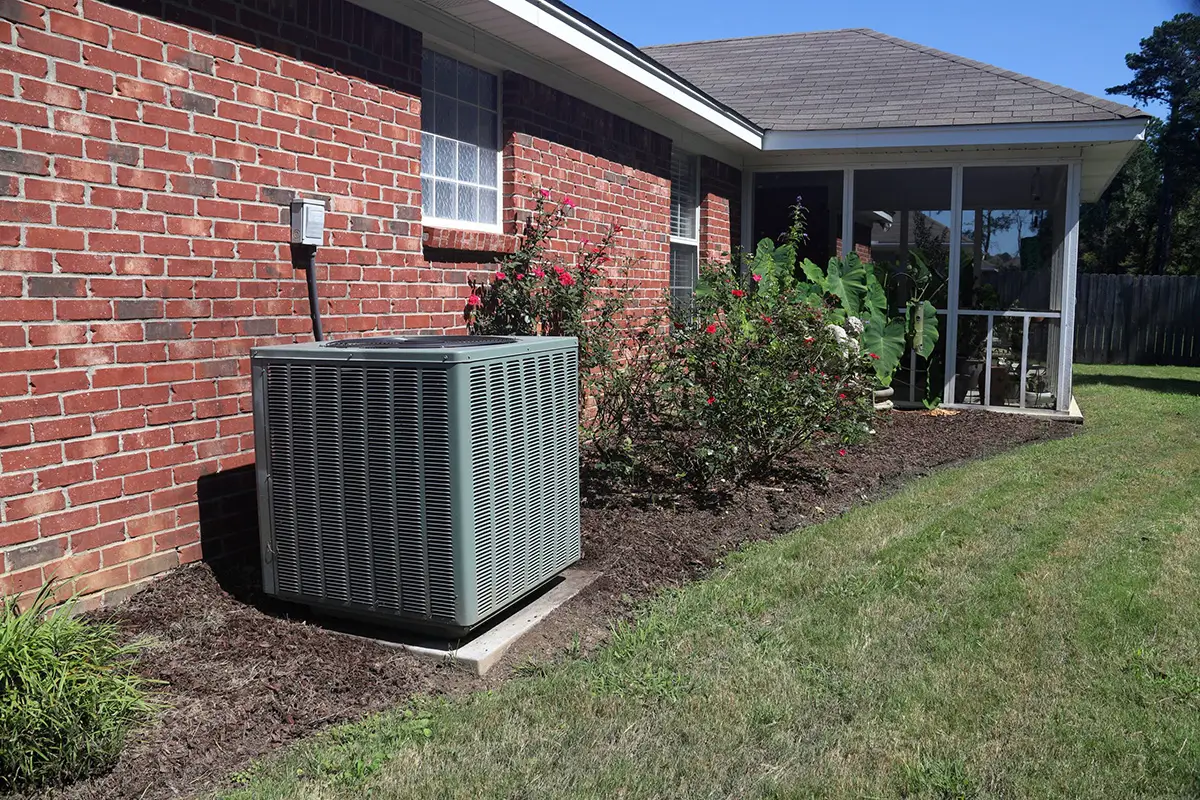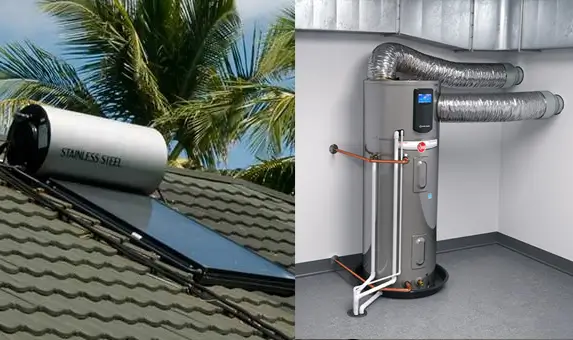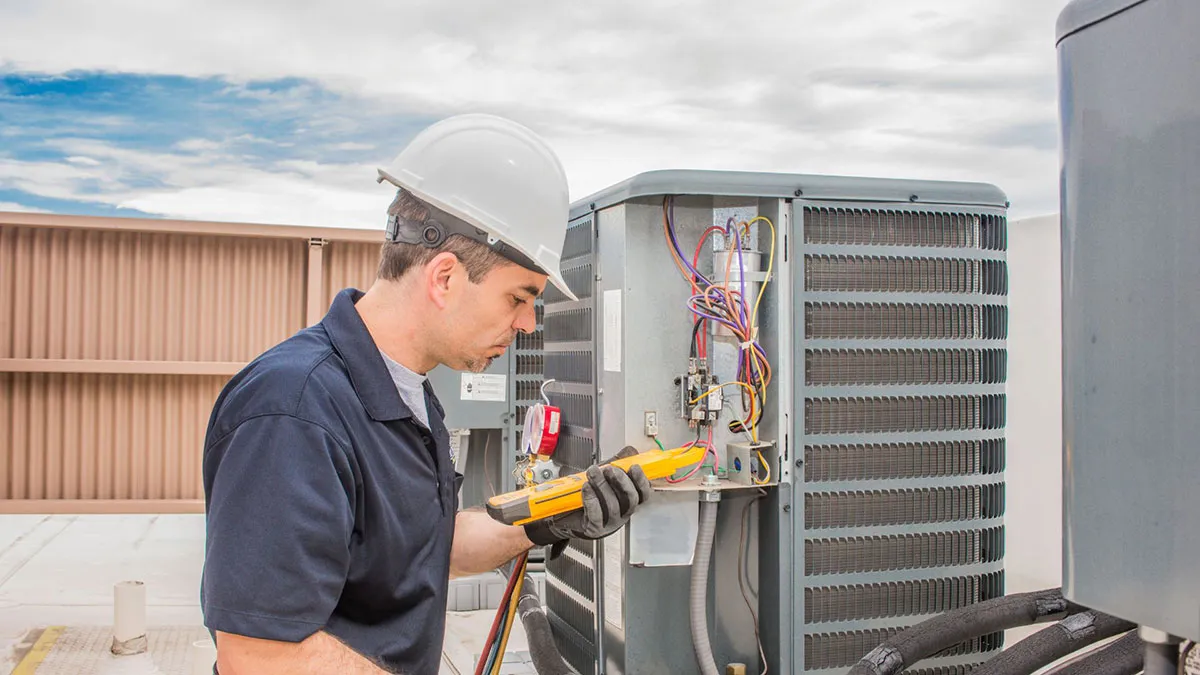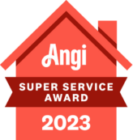In Hawaii, where home life blends seamlessly with the beauty of our natural surroundings, an overflowing toilet can be a significant disruption. This article directly addresses the common causes of this all-too-frequent household issue. We’ll explore how to troubleshoot an overflowing toilet and offer practical tips for prevention, ensuring your Hawaiian home remains as tranquil and functional as the paradise it’s in.
Common Causes for Overflowing Toilet
Understanding the root causes of an overflowing toilet is the first step in addressing this frustrating issue. Here’s a comprehensive list of common causes, each explained in a way that’s easy to grasp:
Clogs in the Toilet:
Description: The most common cause of toilet overflow is a clog in the toilet itself. Clogs happen when too much toilet paper, non-flushable items (like wipes, feminine hygiene products, or even certain types of thicker toilet paper), or other materials block the passage of waste and water.
Why It Happens: In Hawaii, the plumbing systems can be more sensitive due to various factors like water quality and older infrastructure in some areas. Even small clogs can quickly lead to overflows.
Blocked Plumbing Vents:
Explanation: Plumbing vents, which go through the roof, allow air into the plumbing system to keep water flowing smoothly through drainpipes. When these vents are blocked by debris like leaves, bird nests, or even volcanic ash, it disrupts the air balance, leading to slow drainage and potential overflow.
Impact in Hawaii: Given Hawaii’s lush environment, these vents can get blocked more frequently, especially after storms or heavy winds.
Sewer Line Issues:
Overview: Problems in the main sewer line, such as tree root intrusion, cracks, or clogs, can cause backups into your home’s plumbing system, leading to toilet overflows.
Hawaiian Context: The natural growth of roots from the abundant greenery in Hawaii can sometimes interfere with sewer lines, especially in older neighborhoods.
Septic System Malfunctions:
Insight: For homes with septic systems, issues like full septic tanks or field line problems can lead to toilet overflows.
Relevance in Hawaii: Many Hawaiian homes use septic systems. Regular maintenance is crucial due to the soil composition and high water tables in certain areas.
Float Mechanism Failure in Toilet Tank:
What It Is: The float mechanism in the toilet tank controls the water level. If it’s not functioning properly, it can lead to an overfilling tank, which eventually spills into the bowl and causes an overflow.
How It Affects Hawaii Homes: Corrosion from Hawaii’s humid climate can sometimes lead to the malfunction of these mechanisms more quickly than in drier climates.
Low-Flow Toilet Problems:
Context: Low-flow toilets, designed to conserve water, can sometimes have insufficient pressure or flow to clear the drain line effectively.
Specific to Hawaii: With water conservation a priority in Hawaii, many homes have low-flow toilets, which require careful usage to prevent clogs and subsequent overflows.
By identifying these common causes, Hawaiian homeowners can better understand what might be leading to their toilet overflow issues. In the next section, we’ll dive into troubleshooting these problems effectively.
Troubleshooting the Common Causes for Overflowing Toilet
Having identified the typical reasons for toilet overflows, let’s now focus on how to troubleshoot these issues. This manual offers a systematic approach, furnishing you with clear, sequential guidance to identify and efficiently tackle each prevalent root issue.
Dealing with Toilet Clogs:
Initial Steps: Start by using a plunger. Opt for a flange plunger, specifically designed for toilets, as it provides better suction.
Technique: Insert the plunger into the bowl and gently push down to remove air. The first plunge should be gentle. Afterward, use more force, maintaining a firm seal.
Persistence: It might take several attempts to dislodge the clog. If plunging doesn’t work, it might be a deeper or more severe blockage, requiring a toilet auger.
Clearing Blocked Plumbing Vents:
Inspection: Safely check your roof for any visible blockage in the plumbing vents. Look for leaves, debris, or other obstructions.
Clearing the Vent: If you’re comfortable working on the roof, you can attempt to clear the blockage using a garden hose or a plumber’s snake. If not, or if the blockage is stubborn, professional help may be needed.
Addressing Sewer Line Issues:
Observation: Look for signs of sewer line problems like multiple drains backing up or a sewage smell.
Professional Assessment: Sewer line issues are complex and often require a professional plumber to diagnose and repair, especially if root intrusion or significant blockages are suspected.
Inspecting Septic System Malfunctions:
Check the Tank: If your home has a septic system, check if the septic tank is full. Signs include slow drains throughout the house and a wet or smelly yard.
Septic Service: Septic issues are usually beyond DIY fixes. Contact a septic service professional for inspection and pumping if needed.
Evaluating Float Mechanism in Toilet Tank:
Inspection: Remove the lid of the toilet tank and inspect the float and fill valve. Ensure the float is unobstructed and moves without any restrictions.
Adjustment: If the float is submerged or set too high, adjust it according to the manufacturer’s instructions. Typically, this entails adjusting by either turning a screw or shifting a clip along a rod.
Handling Low-Flow Toilet Pressure Issues:
Check for Partial Clogs: Sometimes low-flow toilets can have small clogs that reduce flushing power. A plunger or auger can be used here as well.
Flush Power: Some low-flow toilets have adjustable settings for flush power. Refer to your specific model’s manual to determine if this is a viable choice, and make any necessary adjustments accordingly.
Each of these troubleshooting steps is tailored to address the specific issues that can lead to a toilet overflowing. Remember, some problems, especially those related to sewer lines and septic systems, often require the expertise of a professional.
Ways to Prevent Overflowing Toilet
Prevention is key to avoiding the inconvenience and potential damage of an overflowing toilet. Here are some effective strategies to help you maintain a trouble-free toilet in your Hawaiian home:
Mindful Flushing Habits:
Only Flush Toilet Paper: Educate everyone in the household about what can and cannot be flushed. Limit your toilet usage to toilet paper and human waste exclusively. Items such as wipes, cotton swabs, feminine hygiene products, and paper towels should never be disposed of in the toilet.
Moderate Toilet Paper Use: Encourage moderate use of toilet paper. Excessive amounts can easily lead to clogs, especially in systems with lower flush power.
Regular Toilet Maintenance:
Routine Checks: Periodically check the toilet’s flush mechanism inside the tank to ensure everything is functioning correctly. This includes the flapper, chain, and float.
Inspect for Leaks: Look for signs of leaks around the base of the toilet and in the tank, as these can indicate underlying issues that might lead to overflows.
Proper Disposal of Non-Flushable Items:
Provide Alternatives: Place a waste bin in your bathroom for the disposal of non-flushable items. This straightforward measure can significantly diminish the chances of experiencing clogs.
Awareness: Frequently reinforce the significance of not flushing anything except toilet paper to all members of your household and your guests.
Use of Drain Strainers and Guards:
Install Strainers: In bathrooms, use drain strainers in sinks and showers to prevent hair and other debris from entering the plumbing system, which can contribute to clogs and back-ups.
Regular Plumbing Inspections:
Professional Check-Ups: Set up annual or semi-annual appointments with a certified plumber to evaluate the state of your plumbing system. In Hawaii, where environmental factors can accelerate plumbing wear and tear, this is especially important.
Early Detection: These inspections can help identify and address issues like slow drains, minor leaks, or early signs of pipe damage before they escalate.
Cautious Use of Chemical Cleaners:
Avoid Harsh Chemicals: Be cautious with chemical drain cleaners, as they can damage pipes over time. Instead, opt for natural alternatives or mechanical methods like plunging and snaking.
Proper Septic System Care:
Regular Pumping: If you have a septic system, ensure it is pumped and inspected regularly according to the schedule recommended for your household size and usage.
Septic-Safe Products: Utilize septic-safe toilet paper and cleaning products to preserve the equilibrium of your septic system.
By incorporating these proactive measures, you can greatly minimize the chances of encountering an overflowing toilet. Consistent care and mindful practices are especially effective in maintaining the integrity of your plumbing system in the unique Hawaiian environment.
When to Call the Professionals
Although numerous toilet overflow problems can be resolved through DIY methods, there are specific situations where the skills of a professional plumber are absolutely essential. Recognizing these scenarios is crucial for effectively managing more serious plumbing challenges.
Persistent and Recurring Clogs:
If you find yourself repeatedly dealing with clogs despite regular plunging or use of a toilet auger, this could indicate a deeper, more stubborn blockage in your plumbing system. Persistent clogs often require specialized tools and techniques that professionals possess.
Multiple Fixtures Backing Up:
When you experience issues with multiple plumbing fixtures at once, such as sinks and bathtubs backing up along with the toilet, it’s a strong sign of a more extensive problem in your main sewer line. These issues are complex and typically beyond the reach of household tools.
Unusual Gurgling Sounds or Foul Odors:
Gurgling noises from your toilet or drains, accompanied by unpleasant sewage odors, can be indicative of serious sewer line or vent issues. These symptoms often require advanced diagnostic methods and repair techniques.
Signs of Sewage in Yard or Near Septic Tank:
For homes with septic systems, any signs of sewage or unusually lush patches of grass near the septic tank area signal a septic system failure. These situations demand immediate professional attention to prevent environmental and health hazards.
Water Damage and Sanitation Concerns:
If an overflowing toilet leads to significant water damage or potential sanitation issues, it’s crucial to involve professionals. They not only address the root plumbing problem but also advise on damage control and cleanup to ensure your home remains safe and hygienic.
Lack of Results from Common Fixes:
When common troubleshooting steps like plunging, hot water flushes, or even over-the-counter drain cleaners fail to resolve the overflow, it’s time to consult with a plumbing expert. Sometimes, the problem might be more complicated than it appears on the surface.
In these situations, professional plumbers, like those at Steve’s Plumbing & AC Service, bring not just the right tools but also the expertise and experience to diagnose and resolve complex plumbing issues. They can provide long-term solutions that go beyond temporary fixes, ensuring the health and efficiency of your plumbing system.
Your Partner in Plumbing – Steve’s Plumbing & AC Service
As we conclude our comprehensive guide to tackling the common issue of an overflowing toilet, we hope you now feel more equipped to handle this challenging situation. Remember, while many toilet issues can be resolved with a little know-how and elbow grease, there are times when the expertise of a professional is invaluable.
Steve’s Plumbing & AC Service is here to be your trusted partner in all plumbing matters in Hawaii. From the smallest clog to the most complex sewer line repairs, our team brings expertise, reliability, and a commitment to quality service.
Why Choose Steve’s Plumbing & AC Service?
- Expertise in Local Plumbing Challenges: Our team is well-versed in the specific plumbing issues common in Hawaii, ensuring tailored and effective solutions.
- Comprehensive Plumbing Services: Whether you require routine maintenance, urgent repairs, or new installations, we provide a comprehensive spectrum of plumbing services tailored to meet your specific needs.
- Dedicated Customer Service: Your satisfaction and comfort are our top priorities. We take great pride in delivering professional, courteous, and punctual service.
Don’t let plumbing issues disrupt your island lifestyle. For peace of mind and top-quality service, rely on Steve’s Plumbing & AC Service. We are committed to ensuring your plumbing system operates smoothly, allowing you to fully enjoy the stunning Hawaiian way of life.
Ready for Expert Plumbing Assistance? Contact Steve’s Plumbing & AC Service today at (808) 731-2541 for all your plumbing needs. Let our team of experts take the stress out of plumbing issues and help keep your home running smoothly.











